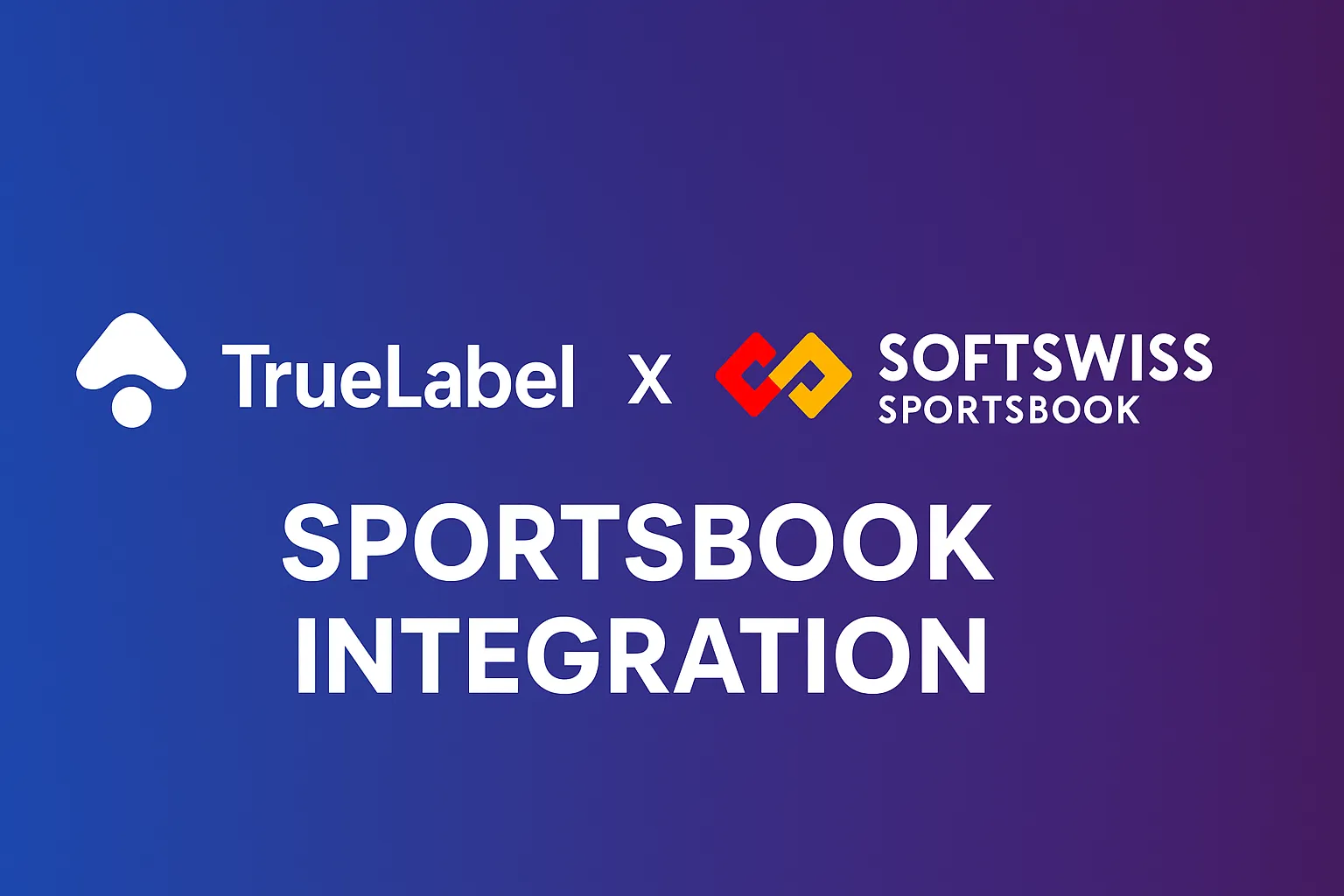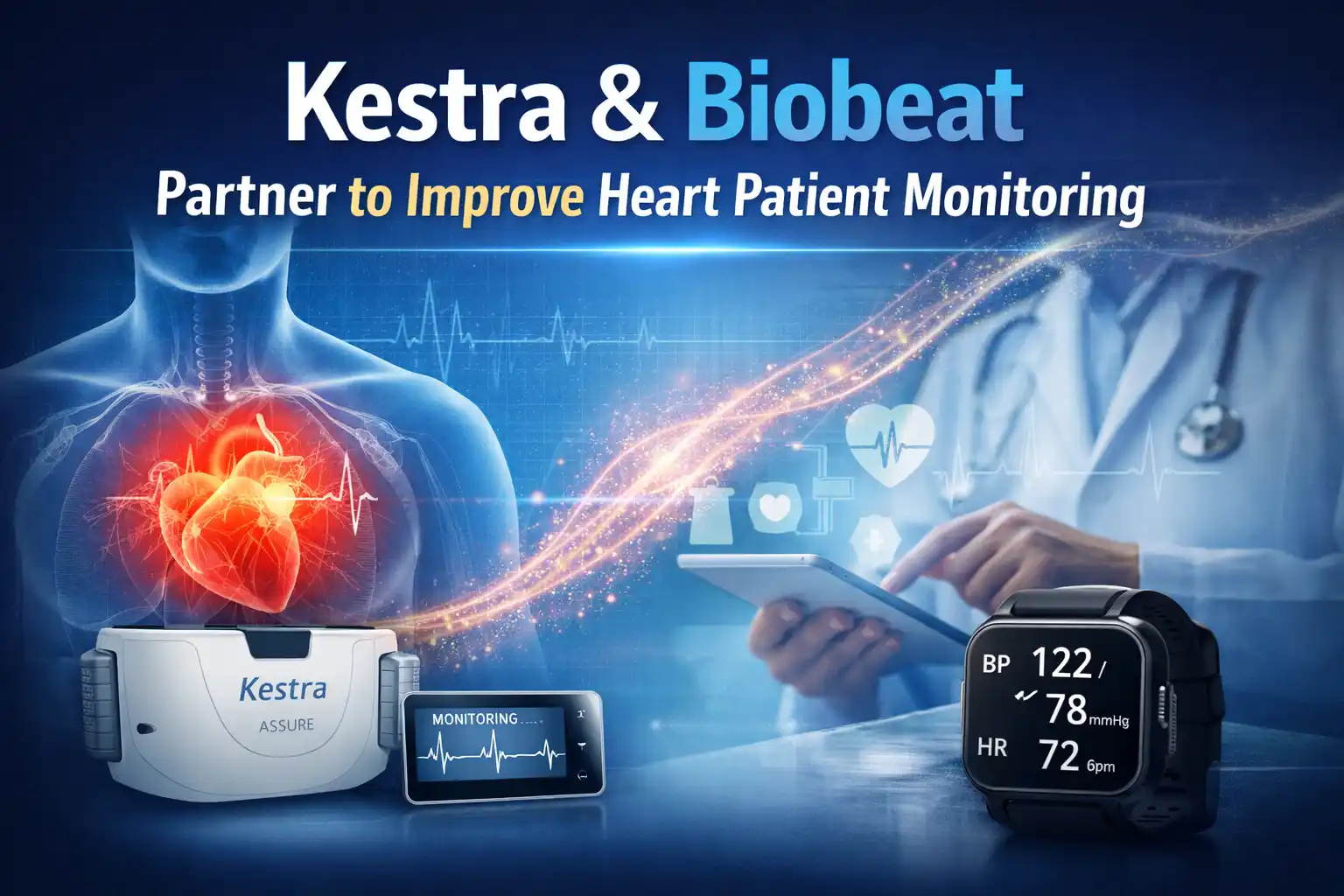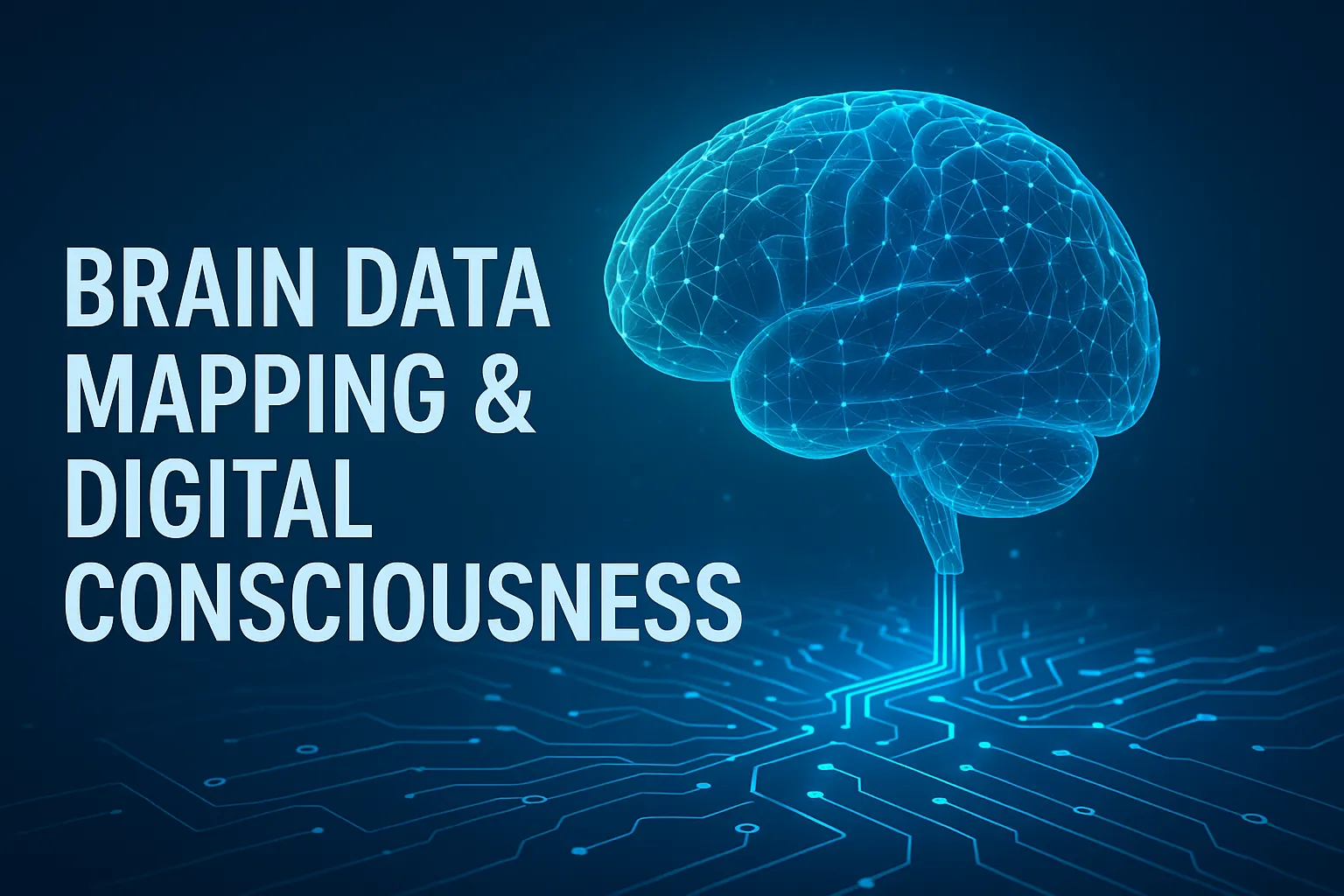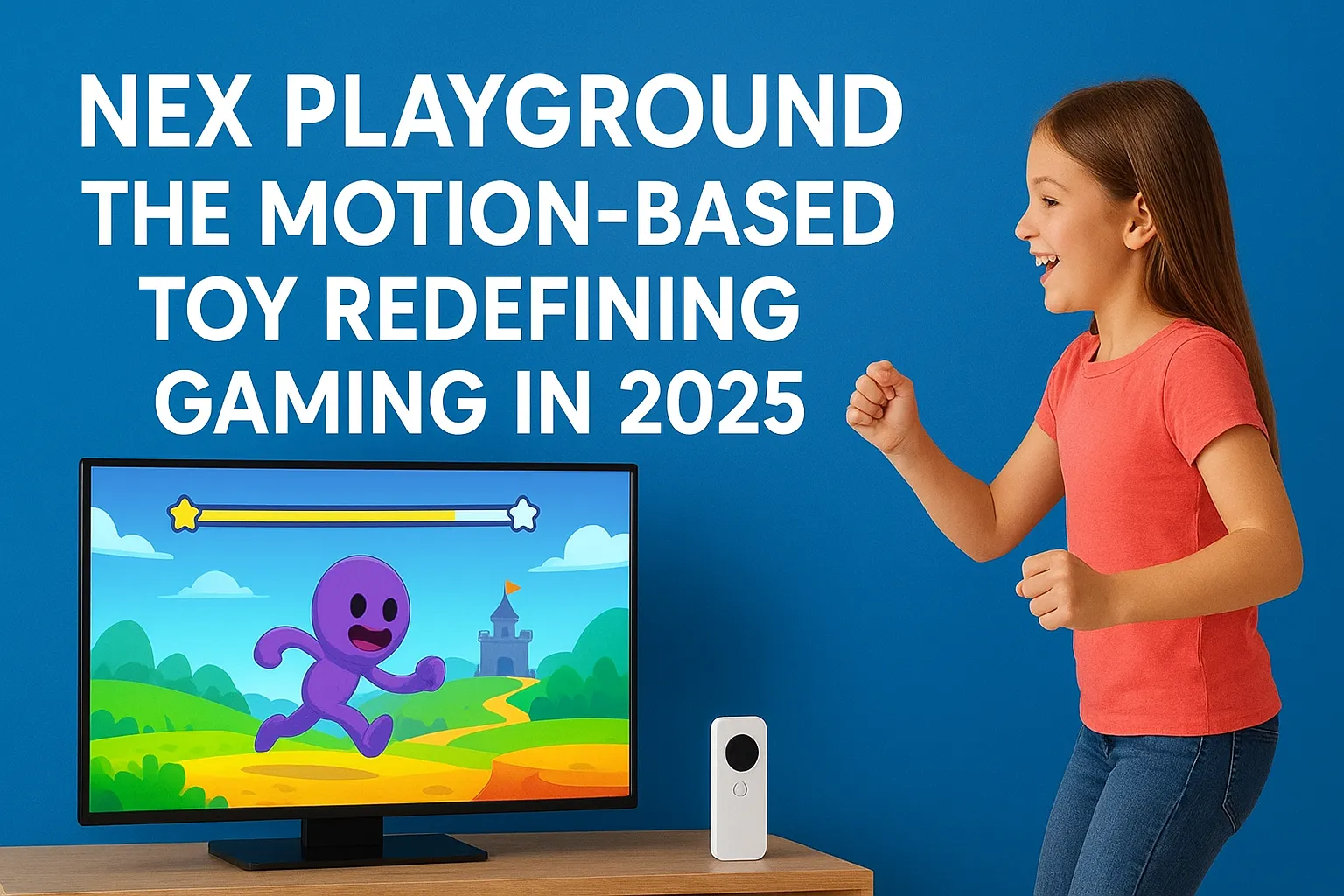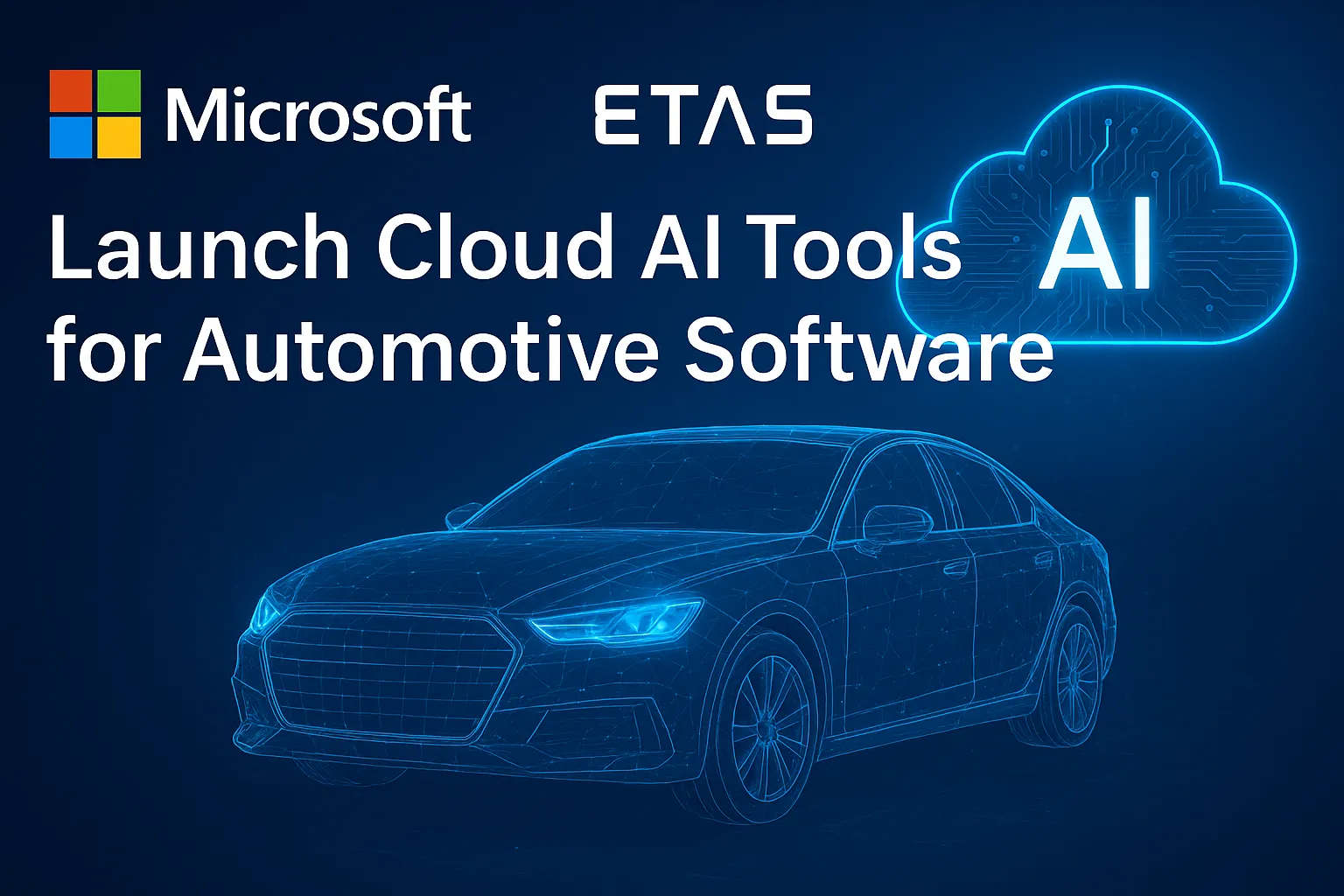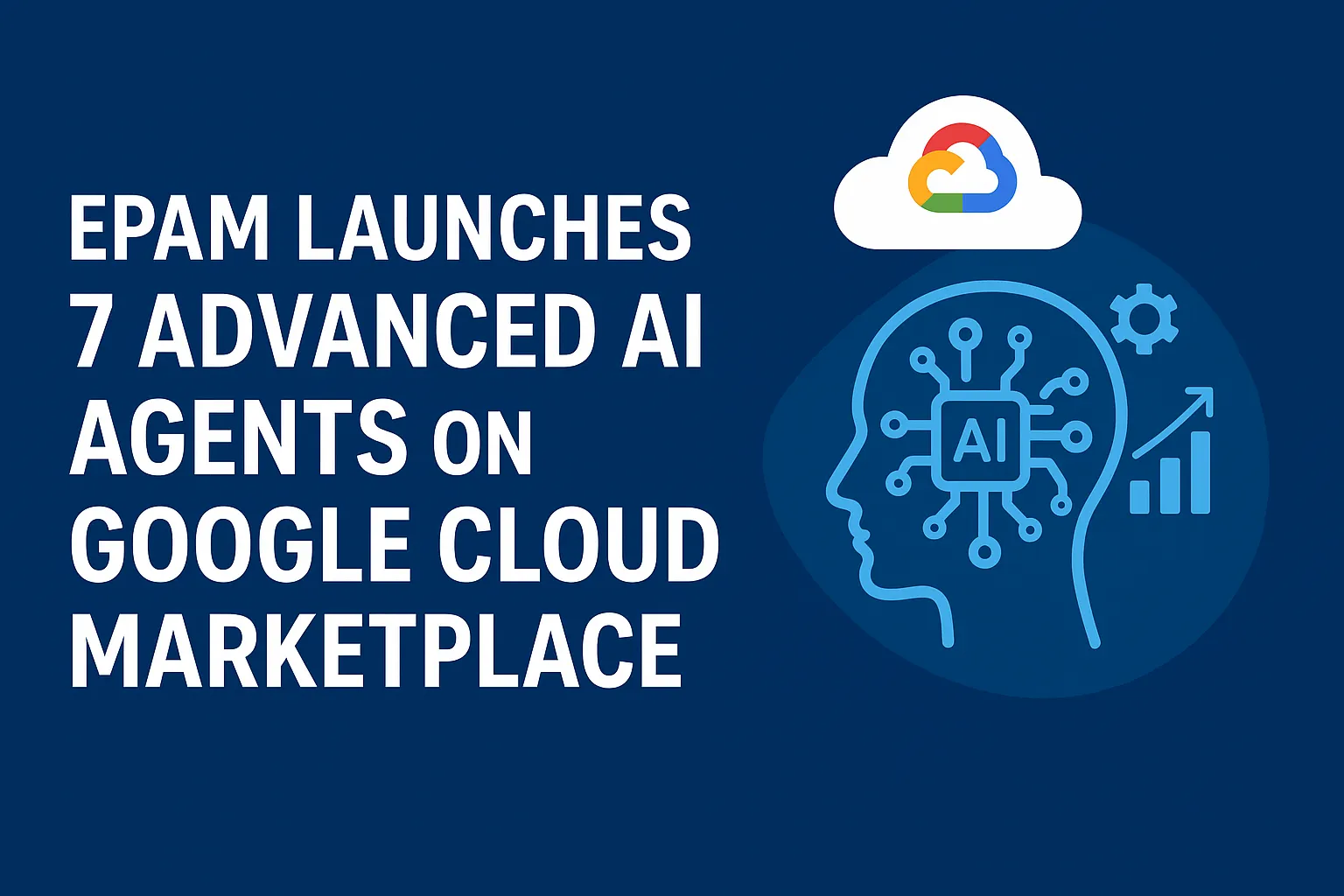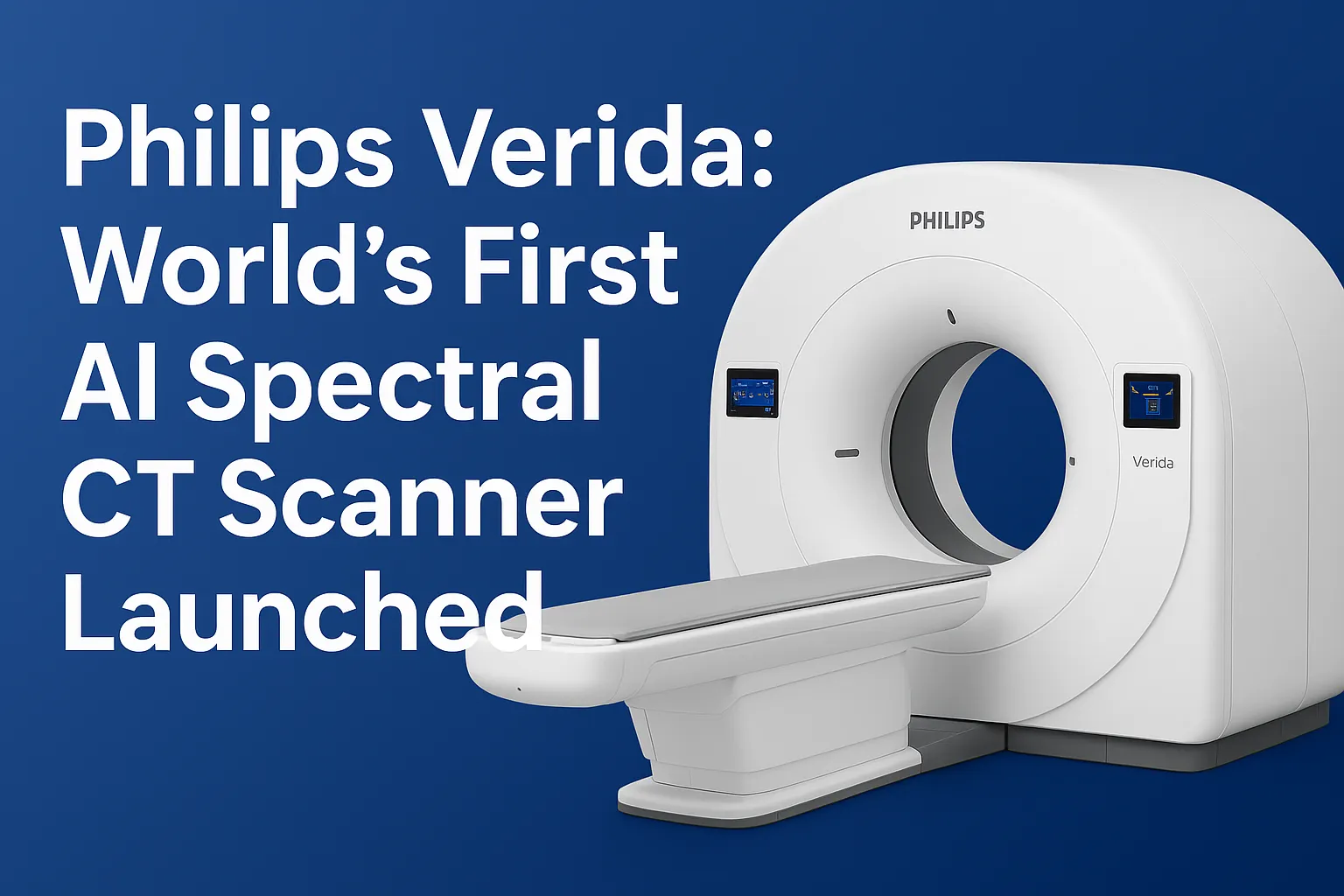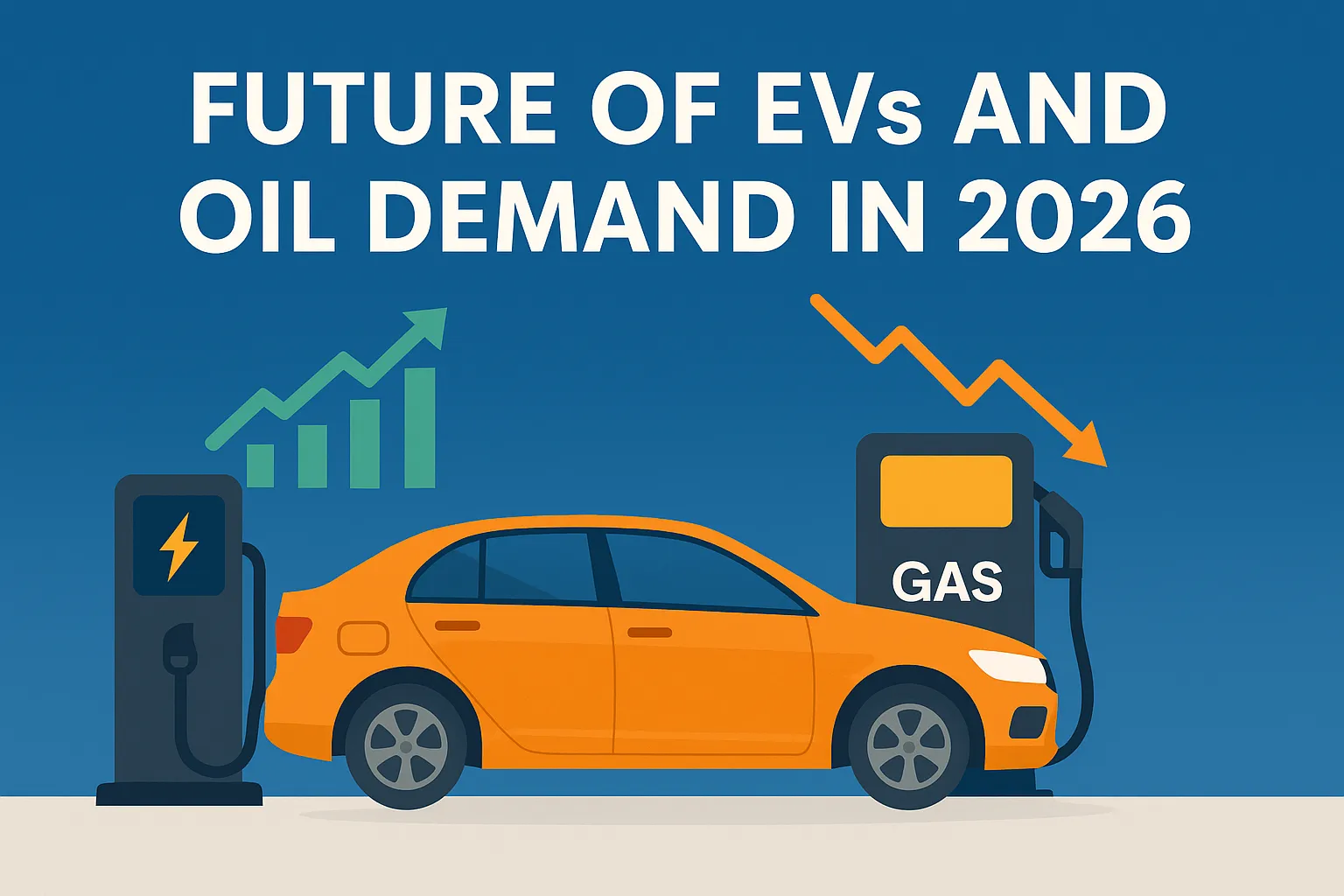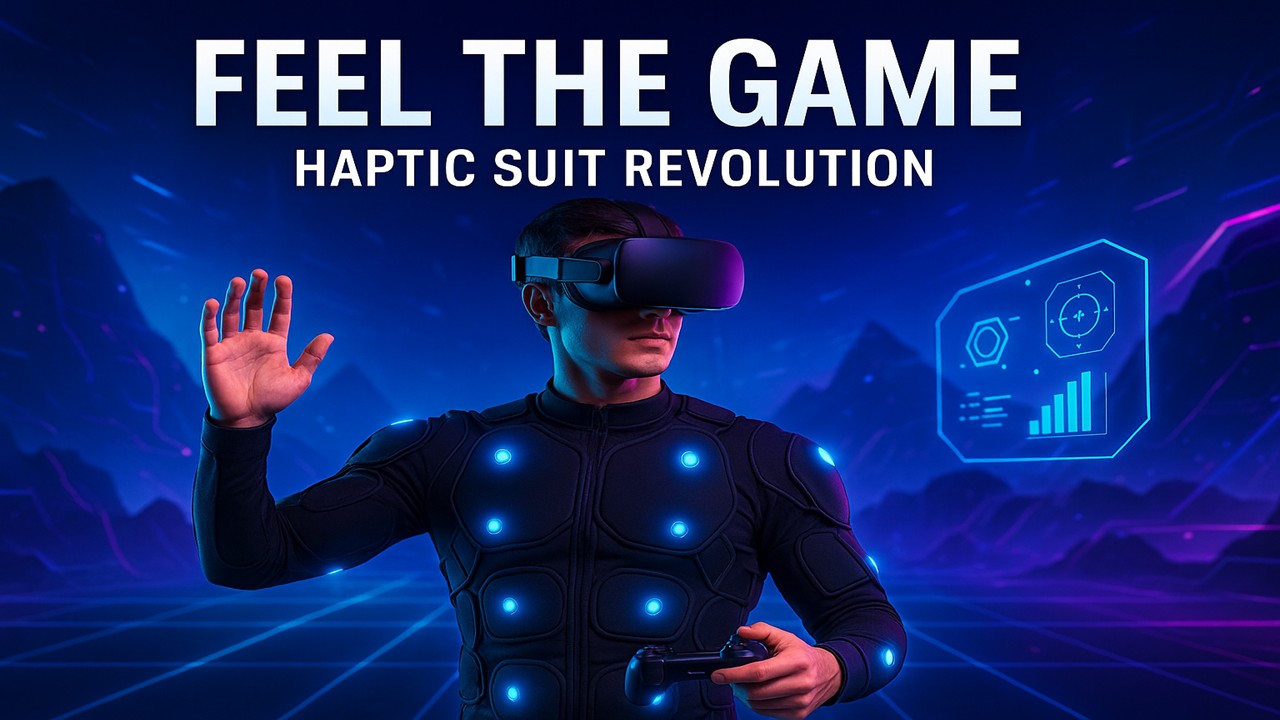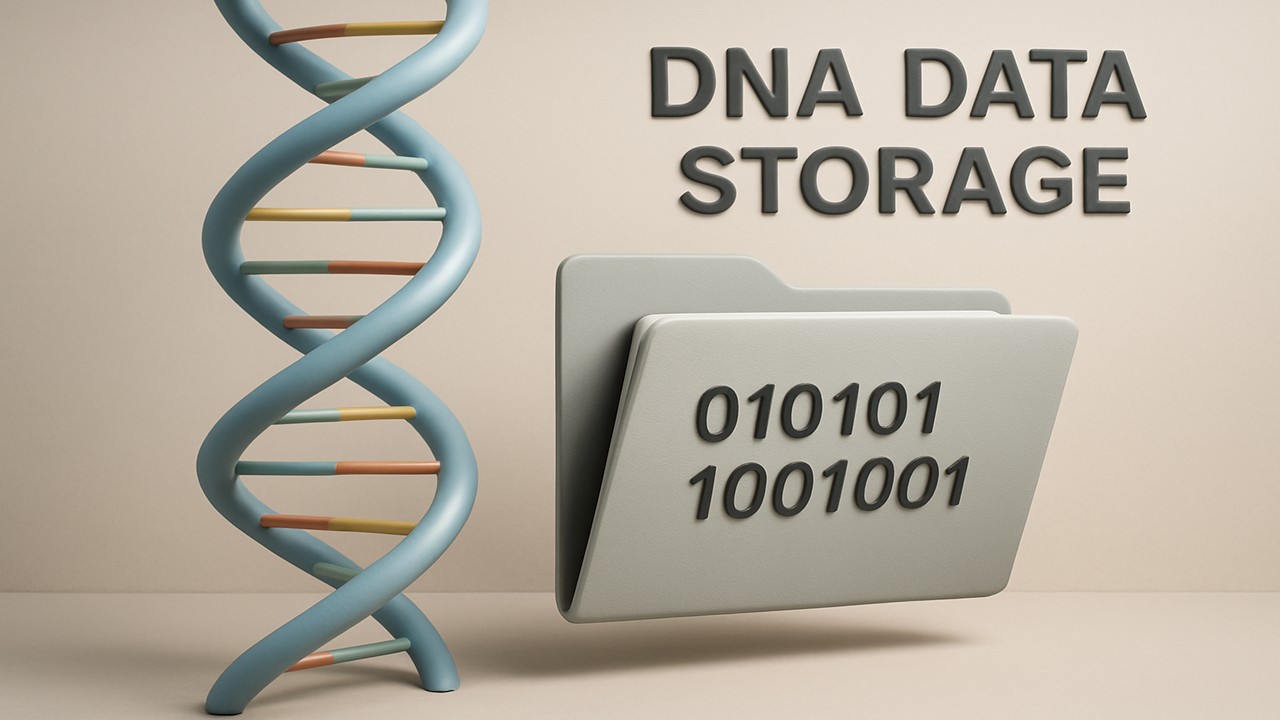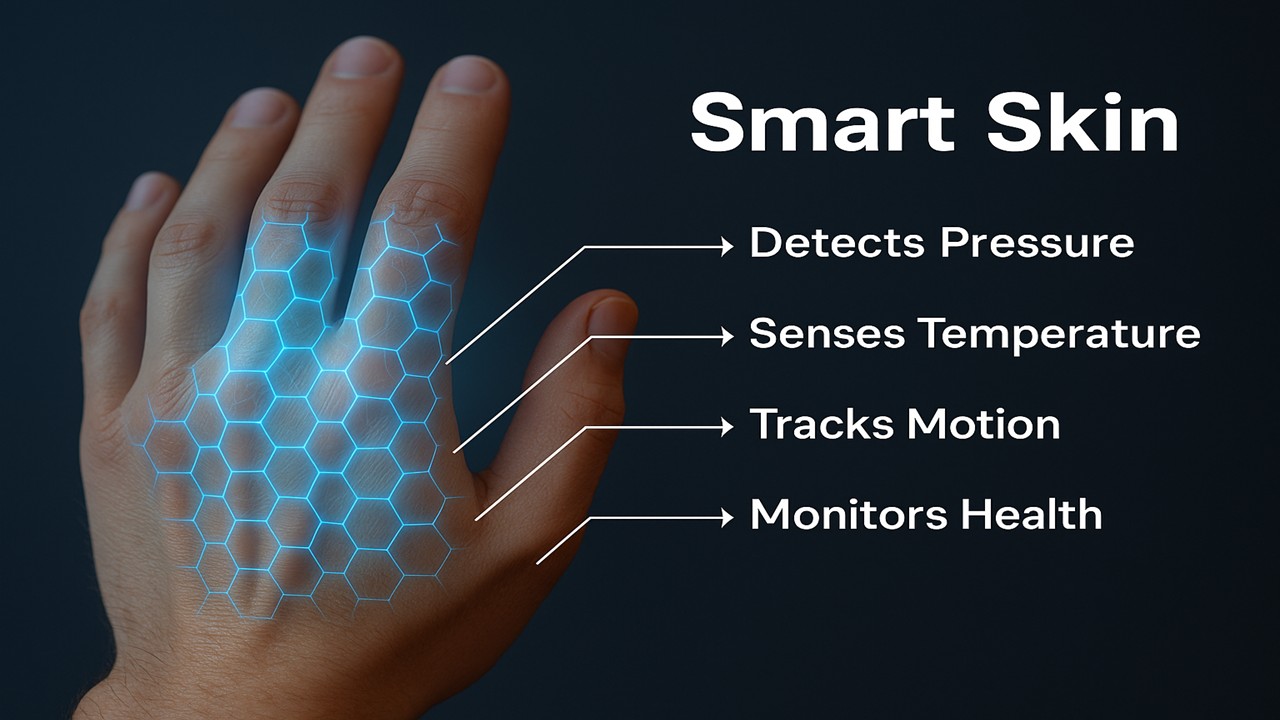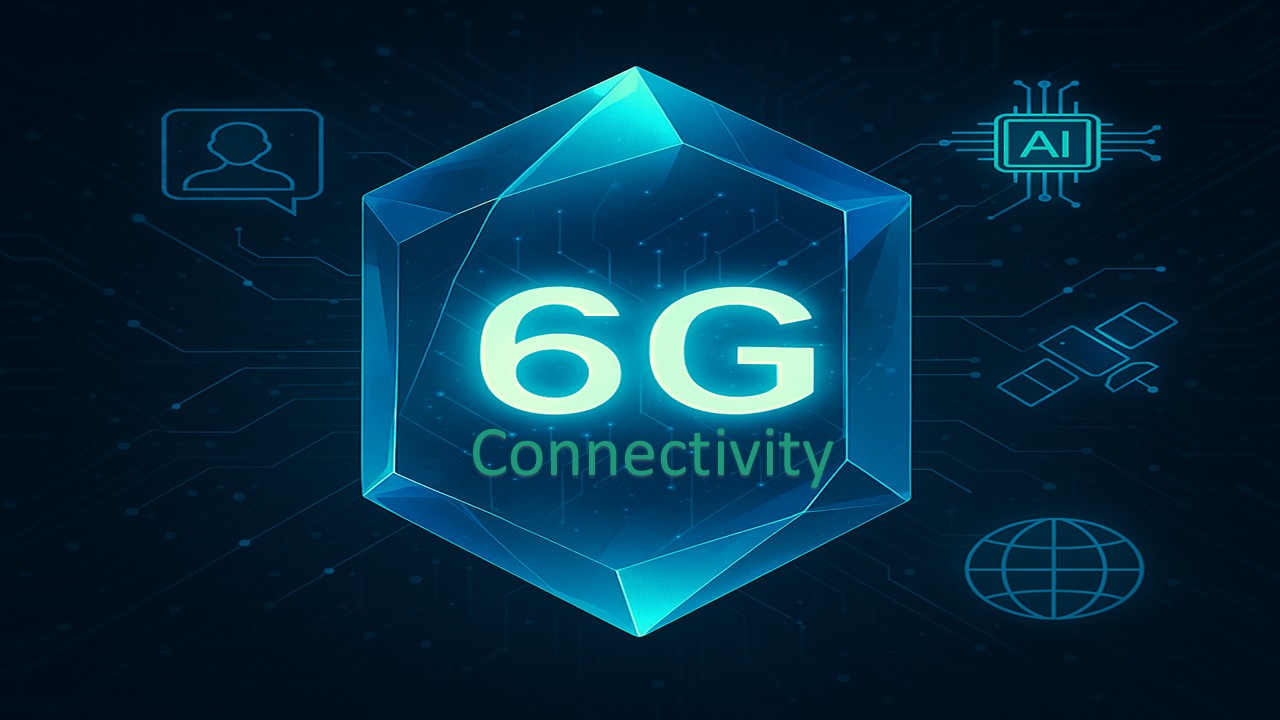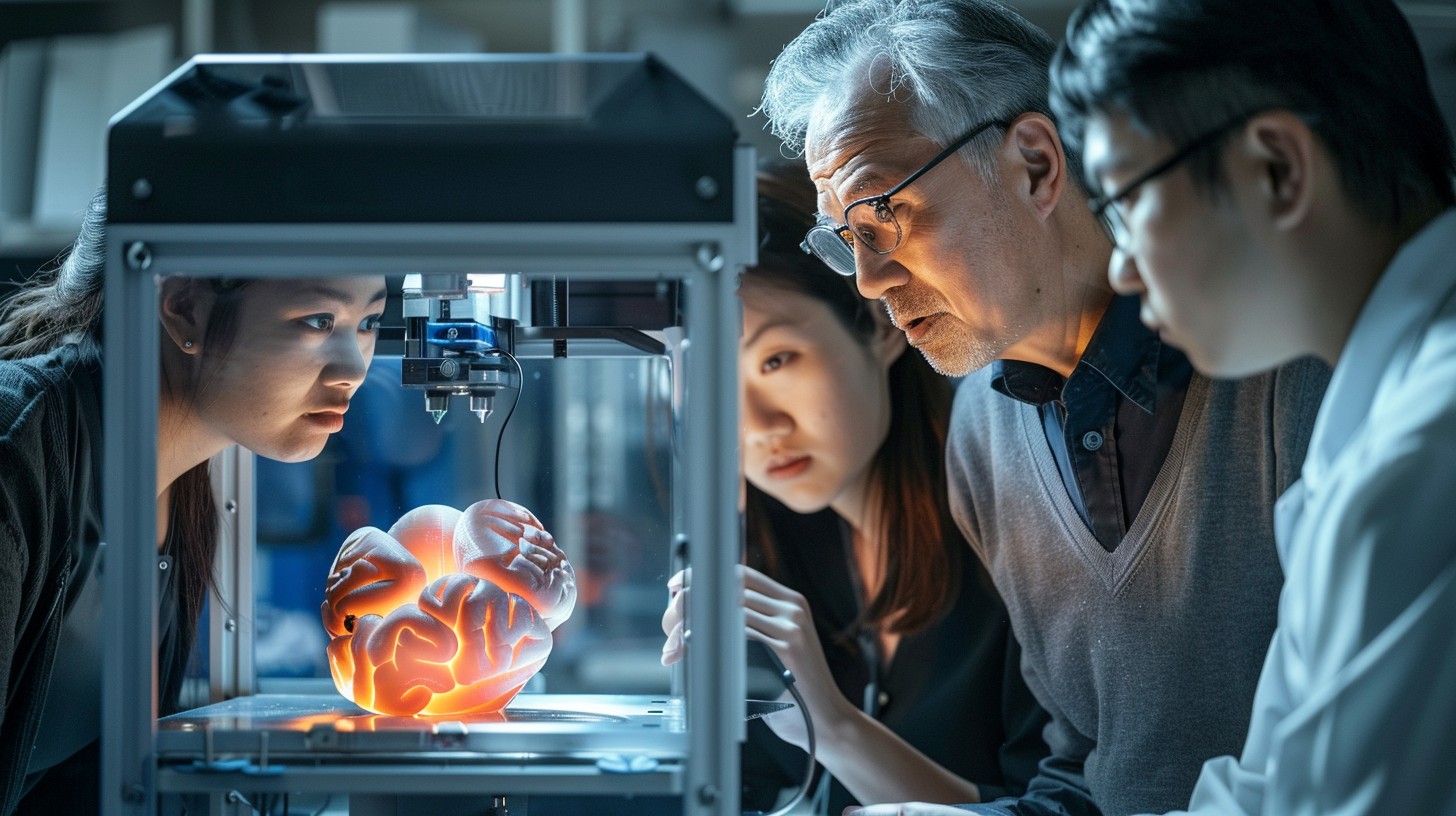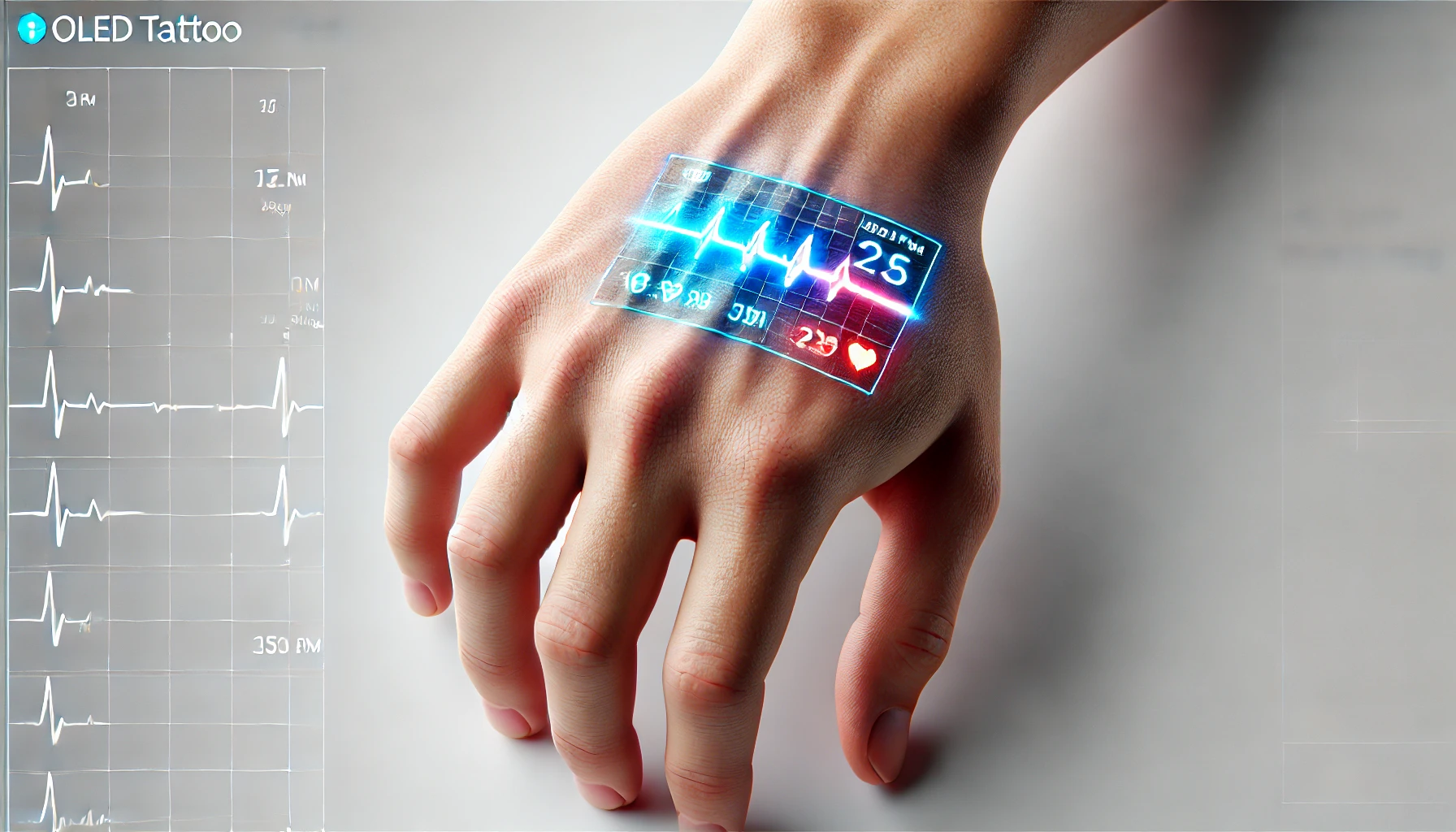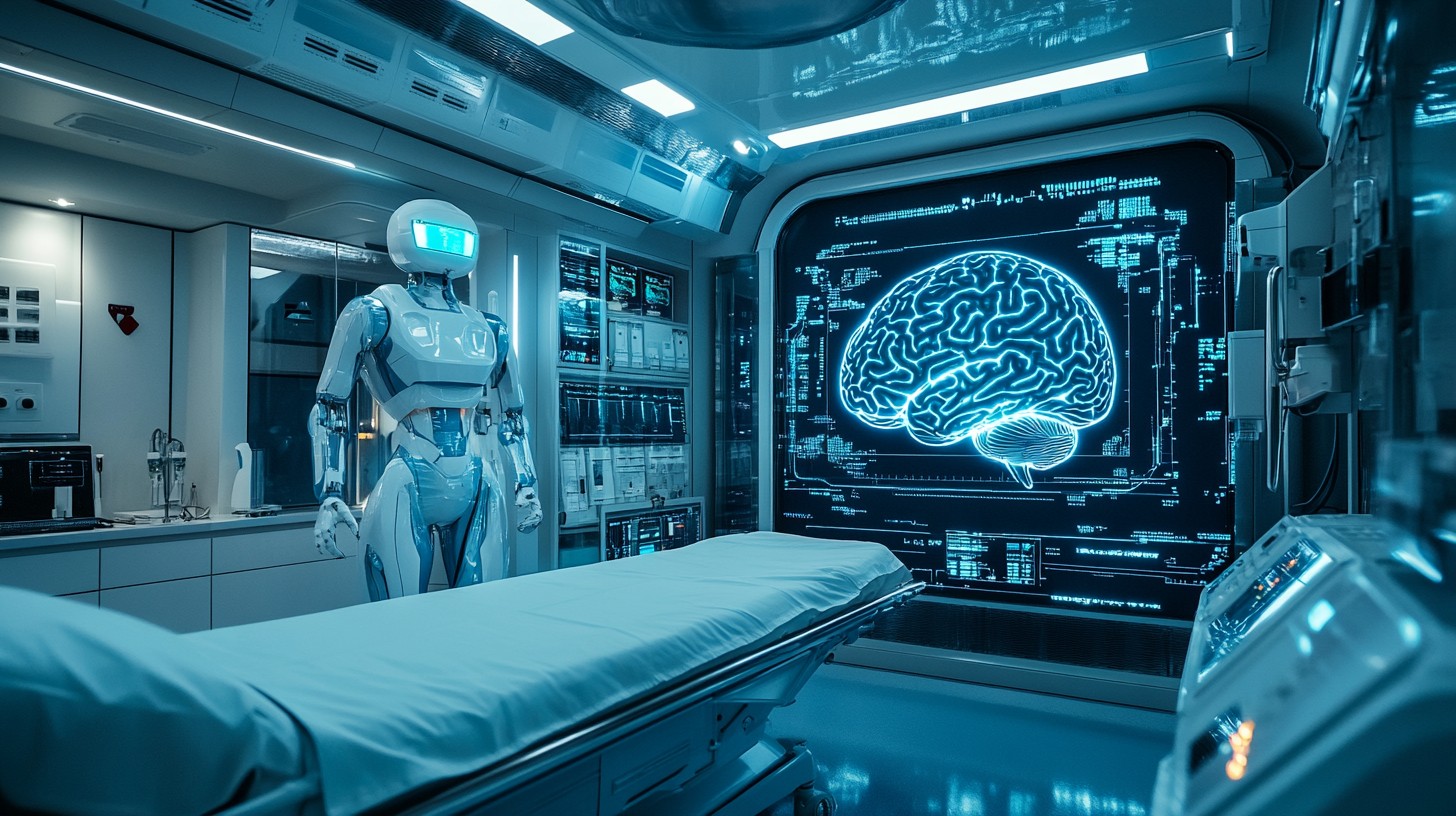
How AI is Transforming Healthcare: Could Machines Be the Doctors of Tomorrow?
Imagine a world where machines take care of your health, diagnosing diseases even more accurately than doctors. Sounds like science fiction, right? Well, it’s not fiction anymore—AI (Artificial Intelligence) is making this a reality, and it’s creating a revolution in healthcare.
How is AI Changing Healthcare?
AI is already outperforming doctors in some cases! AI-powered tools are becoming extremely good at analyzing medical images like X-rays and MRIs to detect heart diseases and even cancer. For example, Google’s DeepMind AI can diagnose over 50 eye conditions with incredible accuracy. It’s fast, precise, and could be a game-changer for early treatment.
In addition to image analysis, AI algorithms are being used to analyze vast amounts of patient data, uncovering patterns and insights that would be impossible for humans to discern. By examining electronic health records (EHRs), AI can help identify patients who may be at risk for certain conditions, allowing for proactive intervention.
Personalized Treatment with AI
Imagine a system that knows your health better than you do and gives you the perfect treatment based on all your health data. That’s exactly what AI is doing! IBM Watson Health is using AI to create personalized cancer treatment plans by analyzing patient data, genetics, and environmental factors. This means treatments are more effective because they are tailor-made for each individual.
Additionally, AI-driven platforms can analyze a patient’s response to previous treatments to recommend the most effective therapies for their specific condition. This level of personalization is transforming the way we approach healthcare, ensuring that patients receive the most suitable and effective treatment.
AI Predicting Diseases: Can It Prevent Heart Attacks?
What if AI could warn you about a heart attack before it happens? AI can now analyze data from wearables like smartwatches to predict health risks. For instance, Apple’s AI-powered heart monitor detects abnormal heartbeats, alerting you to potential heart issues before they turn serious.
Moreover, AI algorithms can assess lifestyle factors, family history, and genetic predispositions to provide a comprehensive risk profile for various conditions. This allows healthcare providers to develop tailored prevention plans, helping individuals make informed lifestyle choices that can significantly reduce their risk of serious health events.
Speeding Up Drug Discovery with AI
Developing new medicine can take years, but AI is speeding up the process. Companies like Benevolent AI are using AI to sift through tons of research data and find potential drug combinations faster. By analyzing existing medical literature and clinical trial data, AI can identify promising compounds and suggest new therapeutic targets.
This could mean quicker access to life-saving medications. In some cases, AI has reduced the time it takes to bring a new drug to market from over a decade to just a few years. This not only benefits patients who need new treatments but also significantly lowers the costs associated with drug development.
Streamlining Hospital Work: Can AI Save Doctors’ Time?
AI isn’t just diagnosing and treating patients—it’s also helping hospitals run more smoothly. Companies like Olive AI are automating administrative tasks like managing patient records, billing, and scheduling. This frees up doctors to spend more time with patients, making healthcare more efficient.
By implementing AI-driven solutions, hospitals can streamline operations, reduce administrative burdens, and enhance the patient experience. For instance, AI can predict patient admissions, helping hospitals allocate resources more effectively and reduce wait times. This ensures that patients receive timely care while optimizing the use of hospital facilities.
AI’s Role in Remote Healthcare and Telemedicine
The COVID-19 pandemic accelerated the adoption of telemedicine, and AI has played a crucial role in enhancing remote healthcare. AI-powered chatbots and virtual assistants can triage patient symptoms, provide initial consultations, and guide patients on the next steps to take.
This technology not only improves access to care but also allows healthcare providers to manage a larger patient load without compromising quality. As AI continues to advance, it will further facilitate remote monitoring, enabling healthcare professionals to track patients’ health in real-time and adjust treatment plans accordingly.
Leading Companies in AI Healthcare
- Google DeepMind: Leading in AI solutions for diagnosing eye diseases and cancer.
- IBM Watson Health: Using AI for personalized cancer treatments.
- Microsoft Healthcare: Helping predict diseases and improve patient engagement.
- Siemens Healthineers: Using AI in medical imaging.
- Benevolent AI: Speeding up drug discovery with AI.
- Olive AI: Automating hospital operations to save time and resources.
The Benefits of AI in Healthcare
AI is bringing many advantages to healthcare. It enables accurate diagnoses with early and precise disease detection, personalized treatment plans based on individual data, and faster drug discovery allowing new medications to reach patients sooner. Additionally, AI facilitates preventive care through disease prediction and saves time by automating tasks so doctors can focus on patient care.
With AI, healthcare providers can also analyze patient feedback and outcomes, leading to continuous improvement in treatment protocols and patient satisfaction.
Challenges and Ethical Concerns
However, AI also comes with its own set of challenges. Data privacy is a major concern due to the need for access to sensitive health data. Protecting patient information and ensuring compliance with regulations like HIPAA is critical as AI systems collect and process large amounts of personal data.
Moreover, there’s a need for clear regulations and guidelines for using AI in healthcare. This includes establishing standards for AI algorithms, ensuring they are validated and tested for accuracy before being deployed in clinical settings.
Lastly, the risk of bias in AI systems must be addressed. If AI is trained on flawed or biased data, it could lead to incorrect treatments or outcomes, particularly for underrepresented populations. Ongoing research and ethical considerations are essential to ensure that AI benefits all patients equally.
The Future of AI in Healthcare
The future of AI in healthcare looks incredibly promising. From better diagnoses to personalized treatments and faster drug discoveries, AI is revolutionizing the way we think about healthcare. While there are challenges to overcome, AI is making healthcare more efficient, accessible, and life-saving.
With AI, we’re not just improving healthcare—we’re transforming it, making it smarter and more tailored to each patient’s needs. The road ahead is exciting, and AI is leading the way!
As we continue to innovate and refine AI technologies, the possibilities for enhancing healthcare are limitless. The integration of AI into everyday medical practice has the potential to not only improve patient outcomes but also change the very fabric of how we approach health and wellness in the future.

